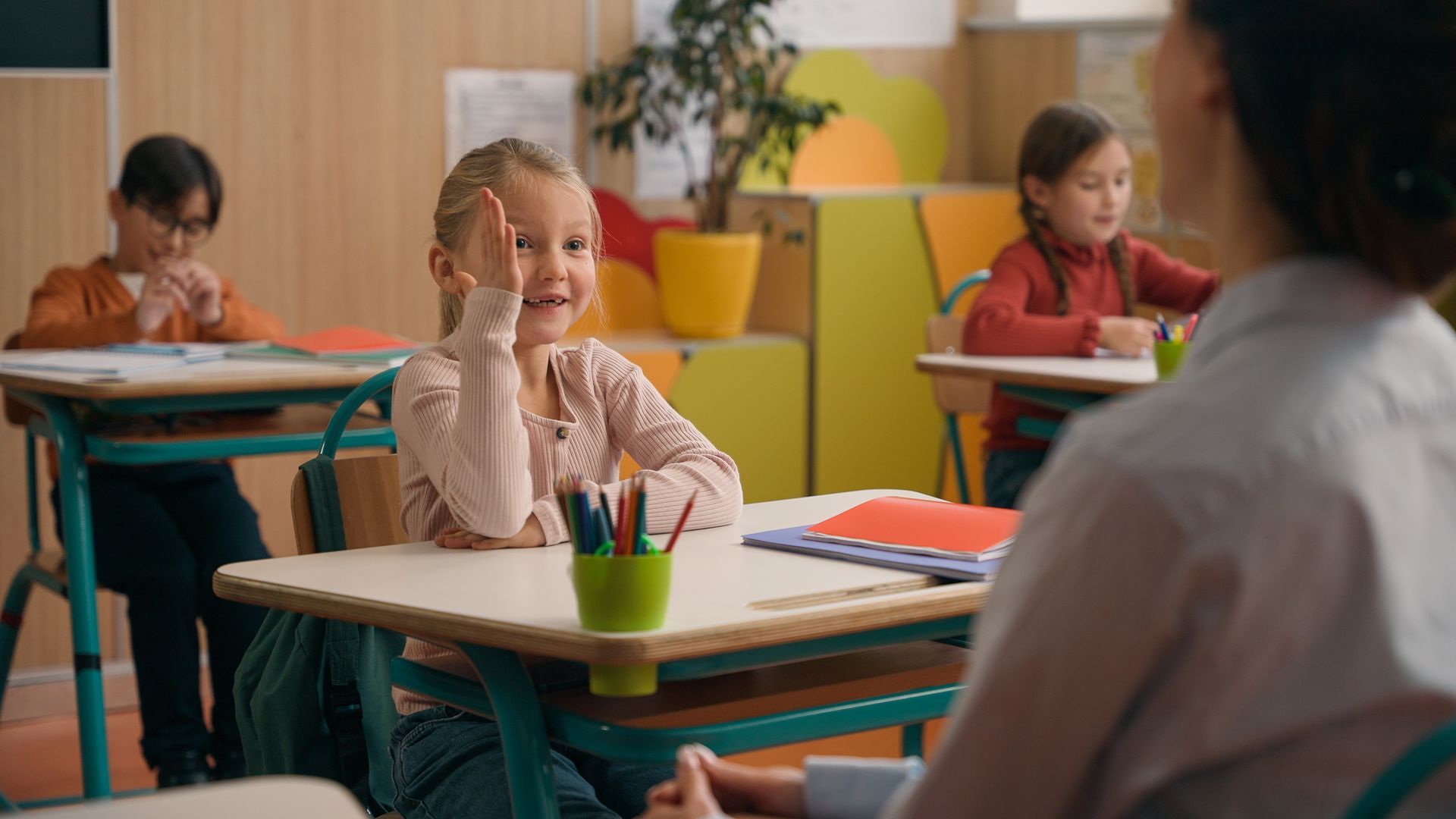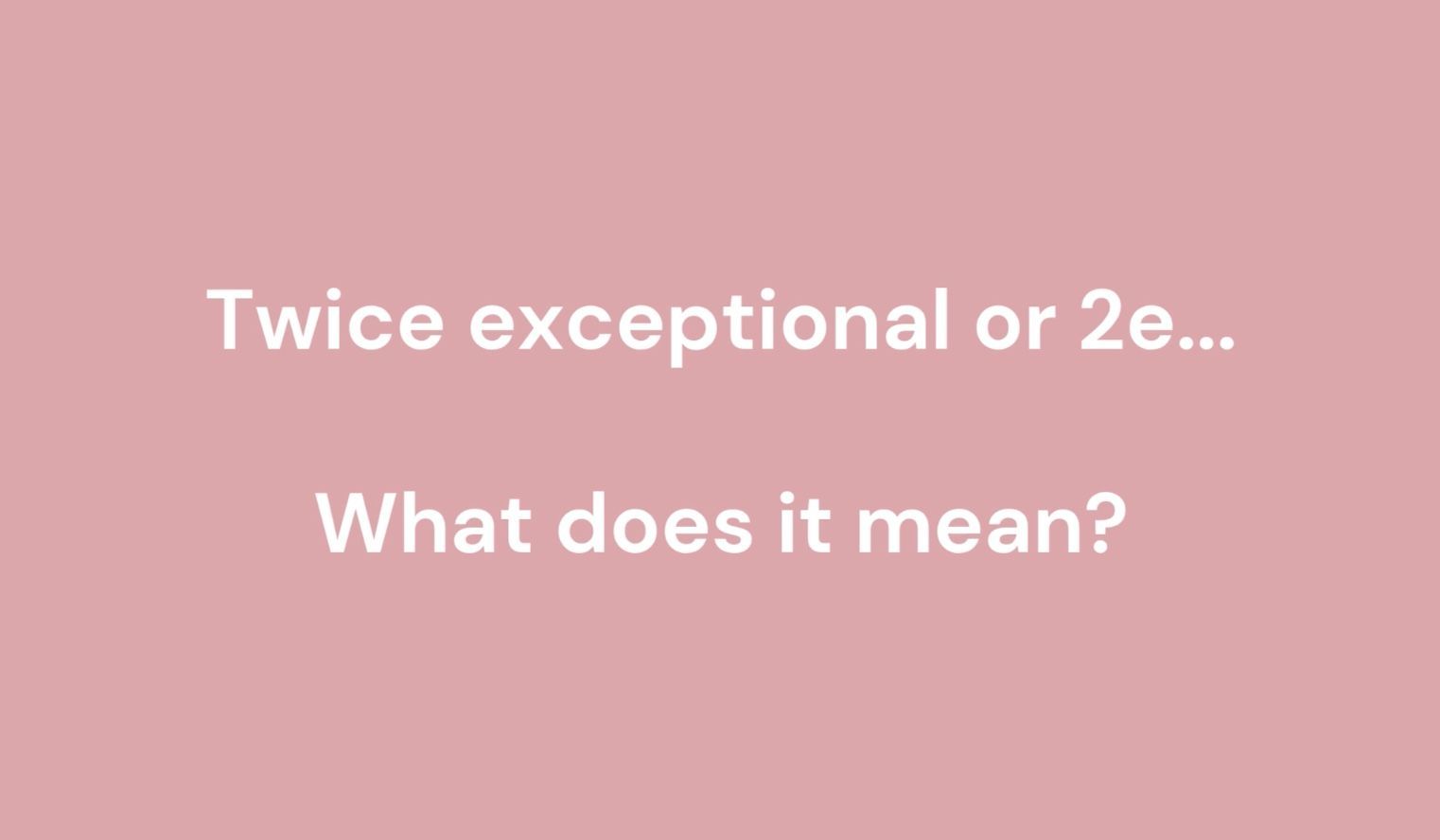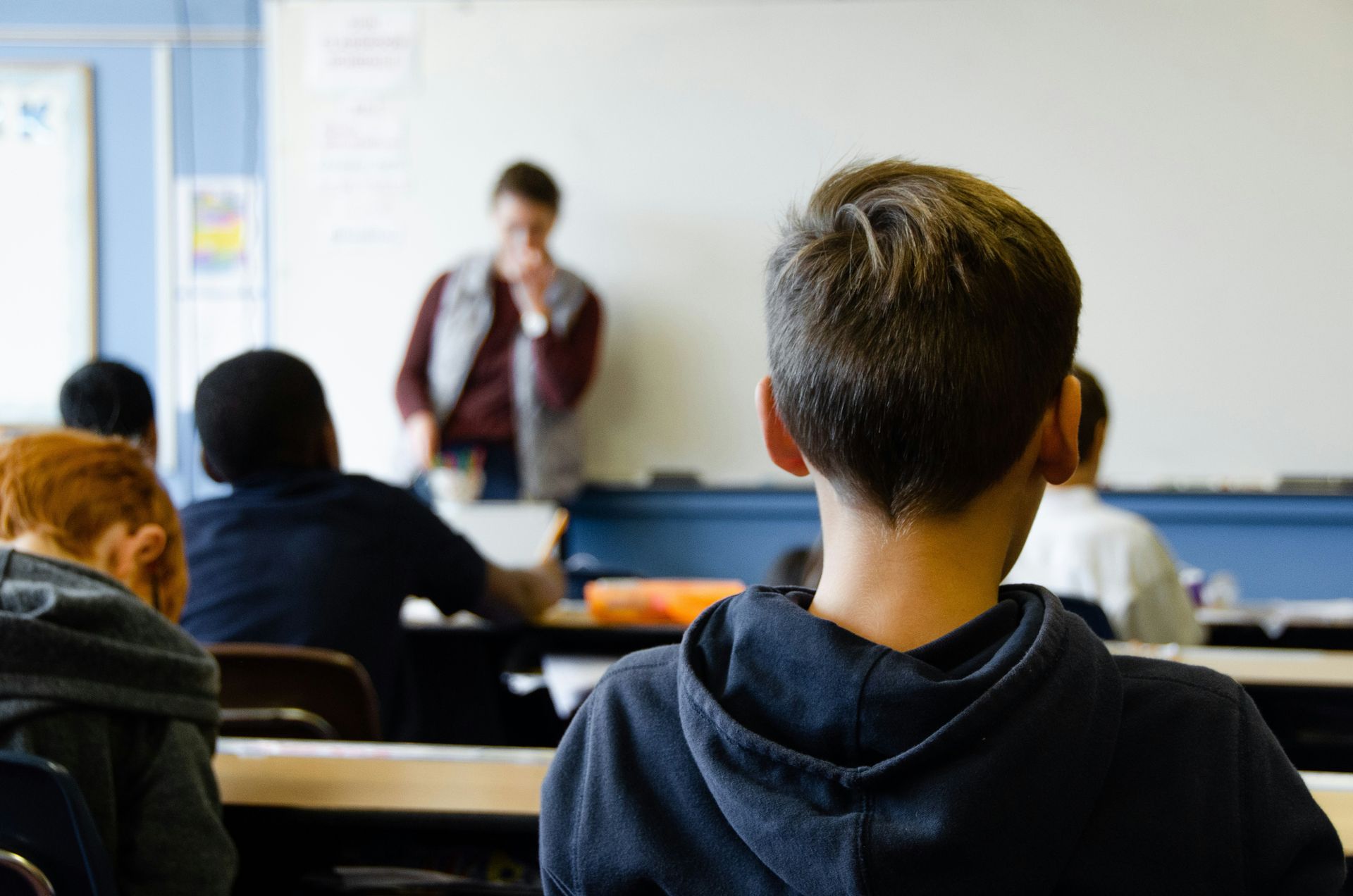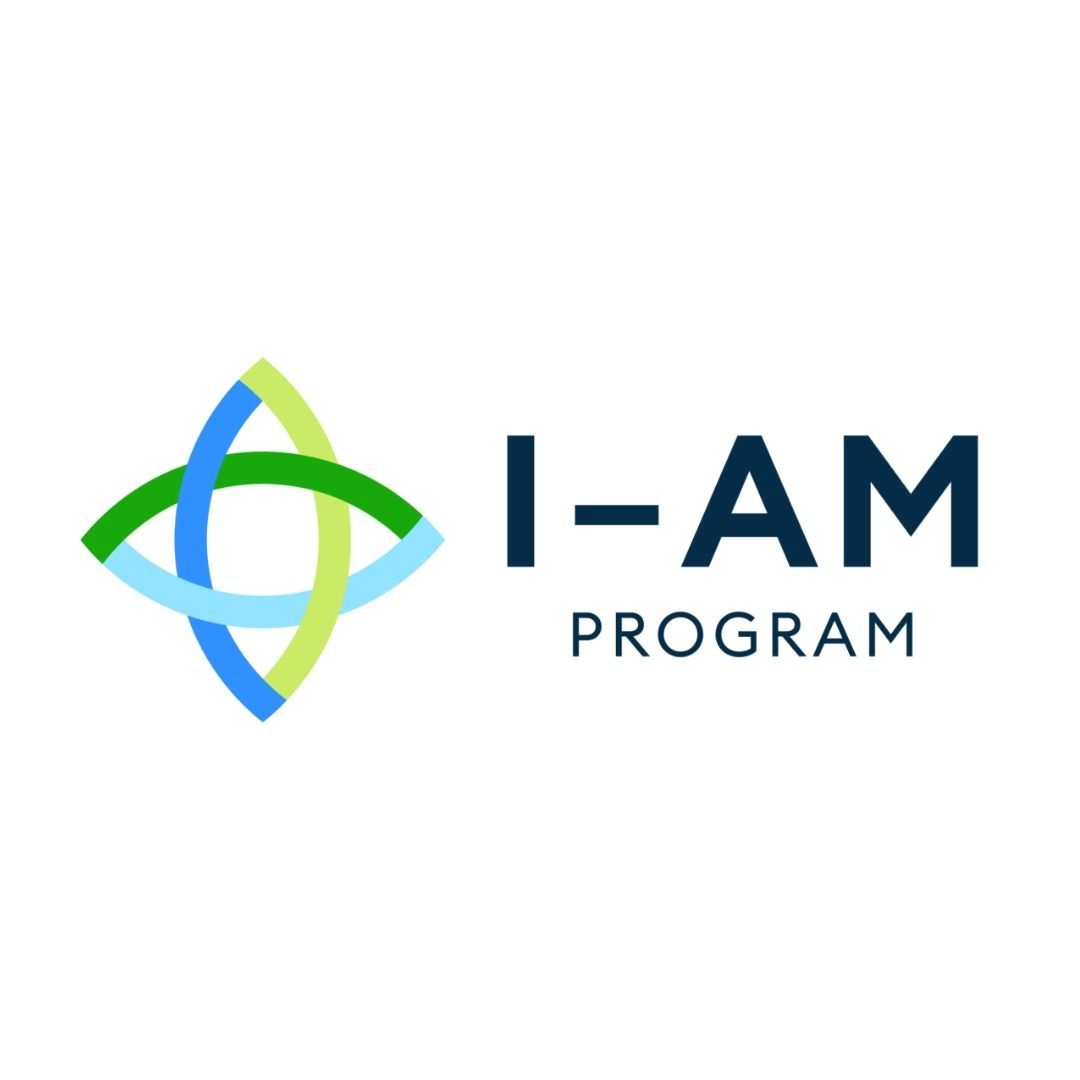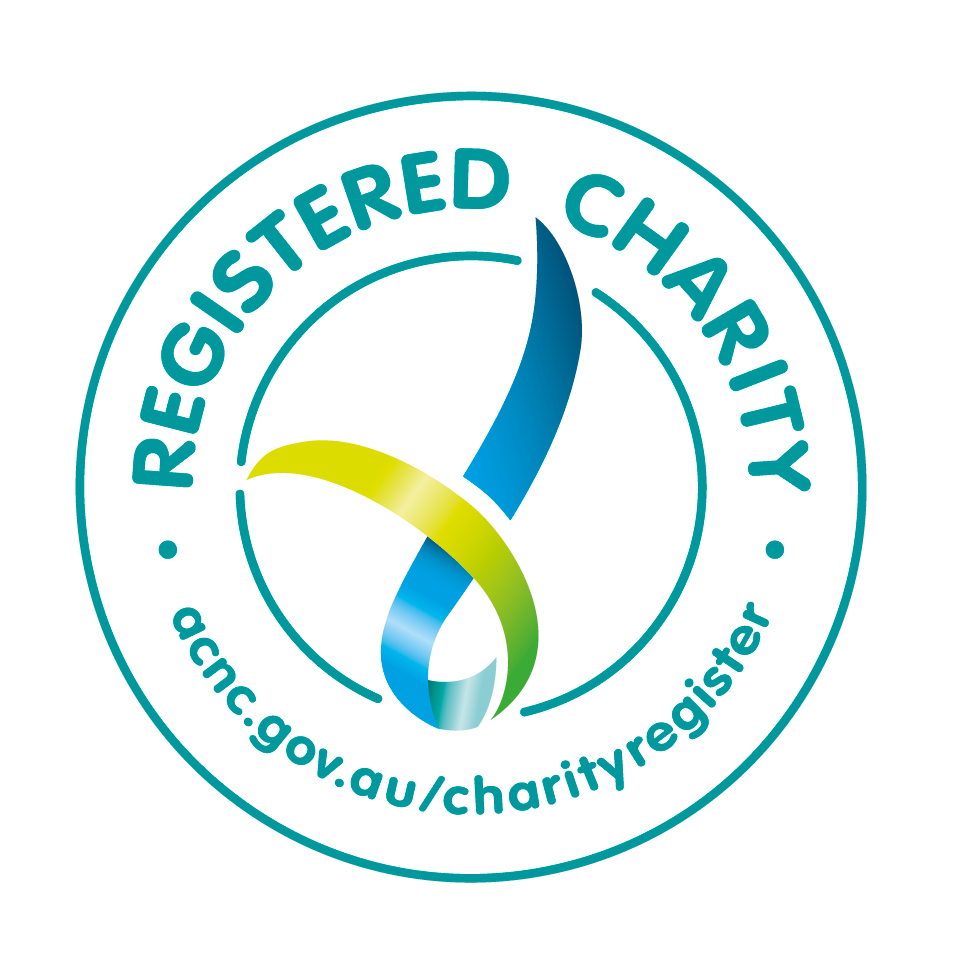Acceleration: Information Sheet for Educators
Acceleration is an educational intervention that moves students through an educational program at a faster rate than usual or younger than typical age (Salkind, 2008). Acceleration involves matching the level, complexity and pace of curriculum with the readiness and motivation of the student and will assist in ensuring gifted learners become “confident…successful lifelong learners” (Council of Australian Governments Education Council, 2019) . It is vital to ensure that acceleration, of whatever type, is something that the student desires.
There are many methods of acceleration (Department of Education, 2012; Ronksley-Pavia, 2011). Some examples include:
- Grade-skipping, where one or more full grade levels are omitted, for example a student may move from grade 3 directly into grade 5
- Early entrance to school, where a student begins their schooling (usually Kindergarten) at a younger age than normal
- Grade telescoping where students work through the curriculum of two or more grades in one academic year
- Subject-based acceleration, where a student does the work of a higher grade level for a particular subject either:
- In their own classroom but working on higher grade material
- By attending a higher grade classroom for that subject
- Through dual enrolment - also enrolling in a higher level of schooling for a particular subject, eg studying a university subject while still in high school
Extensive research has demonstrated that acceleration is an effective and appropriate method to cater for gifted students academically, socially and emotionally (Assouline et al., 2015a, 2015b; Colangelo et al., 2004a; Colangelo et al., 2004b).
Acceleration Frequently Asked Questions:
Is acceleration pushing a child and therefore stressful to them? Acceleration allows gifted students the opportunity to learn at a pace that is more suited to their natural rate of learning. Where the pace of learning does not match the student’s needs, they may display disengagement, school refusal, behaviour problems, and/or mental health problems. Mismatched learning pace also denies students the opportunity to learn how to address intellectual challenges and develop resilience to cope with a degree of failure.
Should we accelerate students when it did not work for “insert name here”? Every gifted student is different. There are many forms of acceleration and just because a certain type of acceleration did not work for one gifted student does not mean it won’t work for any other gifted student.
One method to explore a child’s suitability for grade acceleration is the IOWA Acceleration Scale (Ronksley-Pavia, 2011). If a grade skip is recommended, the student’s teachers and parents need to dedicate time to support a smooth transition.
Successful acceleration relies upon collaboration between school, home and student; appropriate selection of acceleration type; sufficient accelerative intervention; and sufficient support, including with transition.
Does the Australian Curriculum allow for gifted students to accelerate through content at their own rates? Every student is entitled to rigorous, engaging and enriching learning experiences across all areas of the curriculum. Pre assessment is critical to ensure that learning area content is aligned with the learning needs of the student. The Australian Curriculum and instruction should be adapted in response to the needs of gifted students to provide flexibility in learning progression instead of rigid, age-graded academic placement.
Does acceleration mean a child will have gaps in their learning? Students are accelerated because they are well ahead of the age-peers in their academic development and knowledge. Gifted students learn swiftly, and any gaps quickly disappear.
Is it unfair to allow some students to accelerate? Great schools ensure that all students are catered for at their point of need. Research shows that forms of acceleration are necessary for some gifted students. Acceleration is often their best chance for an appropriate, challenging education (Waterloo Region District School Board, 2013, Aug 24). Gifted children are entitled to reach their potential, like any other children.
How will a student’s social and emotional development be affected? The overwhelming research on grade acceleration has found that where academic, social and emotional maturity is identified, students will actually benefit socially and emotionally from the acceleration (Neihart, 2007). For many bright students, acceleration provides a better personal maturity match with classmates. Gifted students may feel increasingly disconnected with their same-age peers. Therefore, it makes sense to place students in a classroom where they can learn with their academic peers.
Won’t the other students in the class lose their role models?
Research shows that average or below average students look to those marginally above their ability level in the class as role models. Watching or relying on someone who is expected to easily succeed at a high standard does little to increase a struggling student’s sense of self-confidence. Similarly, gifted students benefit from classroom interactions with peers with similar potential and become bored, frustrated, and unmotivated when unable to work within their zone of proximal development (Gifted and Talented Association of Montgomery County, 2010, Feb 24).
References
Assouline, S., Colangelo, N., & VanTassel-Baska, J. (2015a).
A nation empowered: Evidence trumps the excuses holding back America’s brightest students (Vol. 1). The University of Iowa.
Assouline, S., Colangelo, N., & VanTassel-Baska, J. (2015b). A nation empowered: Evidence trumps the excuses holding back America’s brightest students (Vol. 2). The University of Iowa.
Colangelo, N., Assouline, S., & Gross, M. U. M. (2004a). A nation deceived: How schools hold back America's brightest students (Vol. 2). The University of Iowa.
Colangelo, N., Assouline, S., & Gross, M. U. M. (2004b). A nation deceived: How schools hold back America's brightest students (Vol. 1). The University of Iowa.
Council of Australian Governments Education Council. (2019). Alice Springs (Mparntwe) Education Declaration. Melbourne, Australia: Australian Government. Retrieved from http://www.curriculum.edu.au/verve/_resources/National_Declaration_on_the_Educational_Goals_for_Young_Australians.pdf.
Department of Education, S. a. E. (2012). Gifted Education Professional Development Package. Canberra, Australia: Australian Government. Retrieved from https://www.dese.gov.au/collections/gifted-education-professional-development-package
Gifted and Talented Association of Montgomery County. (2010, Feb 24). Top ten myths in gifted education [Video file]. https://youtu.be/MDJst-y_ptI
Neihart, M. (2007). The socioaffective impact of acceleration and ability grouping: Recommendations for best practice. Gifted Child Quarterly, 51(4), 330-341.
Ronksley-Pavia, M. (2011). A report on acceleration for the gifted: What does it mean? Gifted, February(159), 8-11.
Salkind, N. J. (2008). Acceleration. In N. J. Salkind (Ed.), Encyclopaedia of educational psychology (Vol. 1, pp. 4-8): Sage.
Waterloo Region District School Board. (2013, Aug 24). John Hattie challenging all students [Video file]. https://youtu.be/4ivNbPo6QSU
Disclaimer: The views and opinions expressed in this blog are those of the author and do not necessarily reflect the official policy or position of the AAEGT.
Share this resource
Resources

